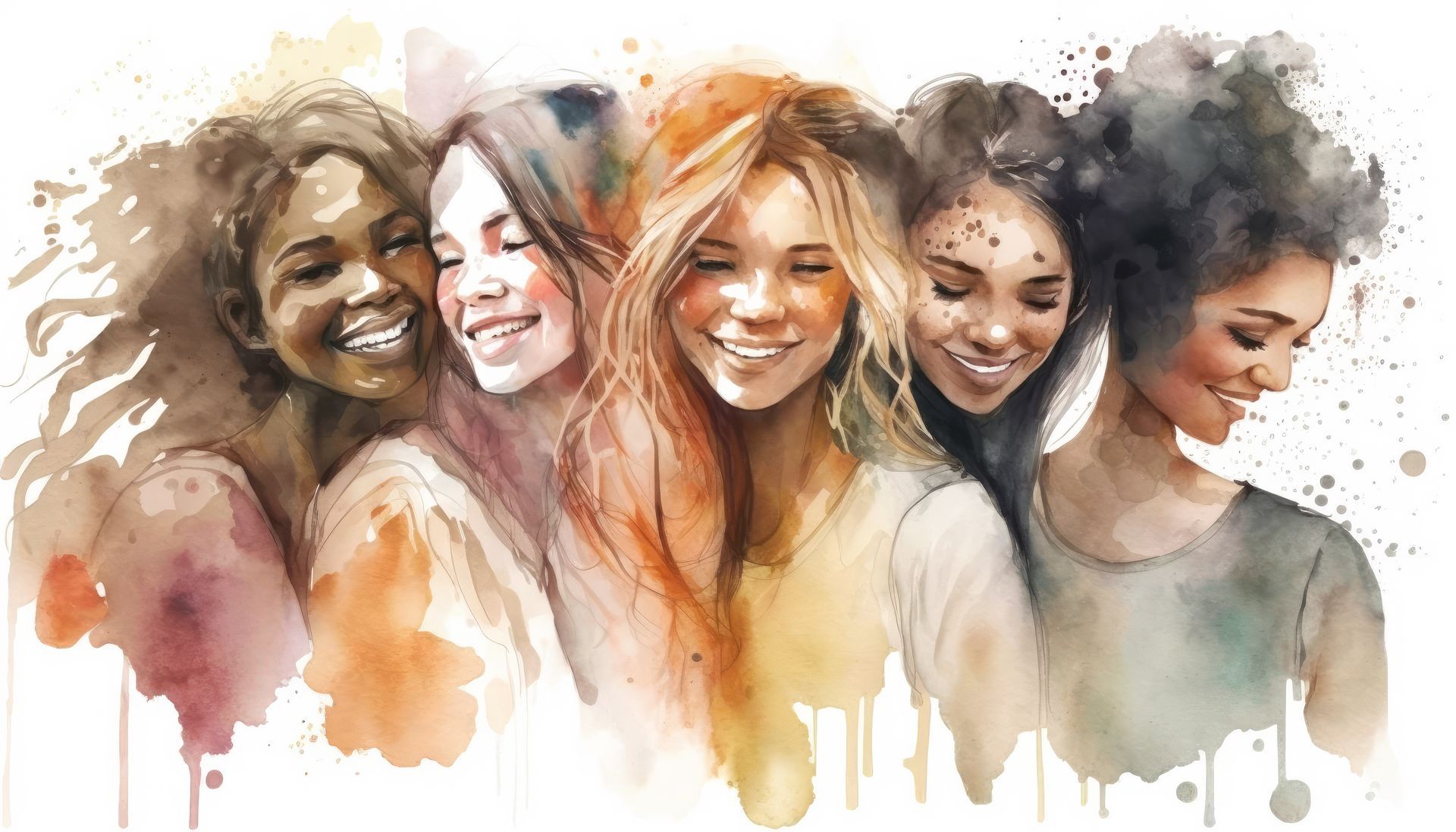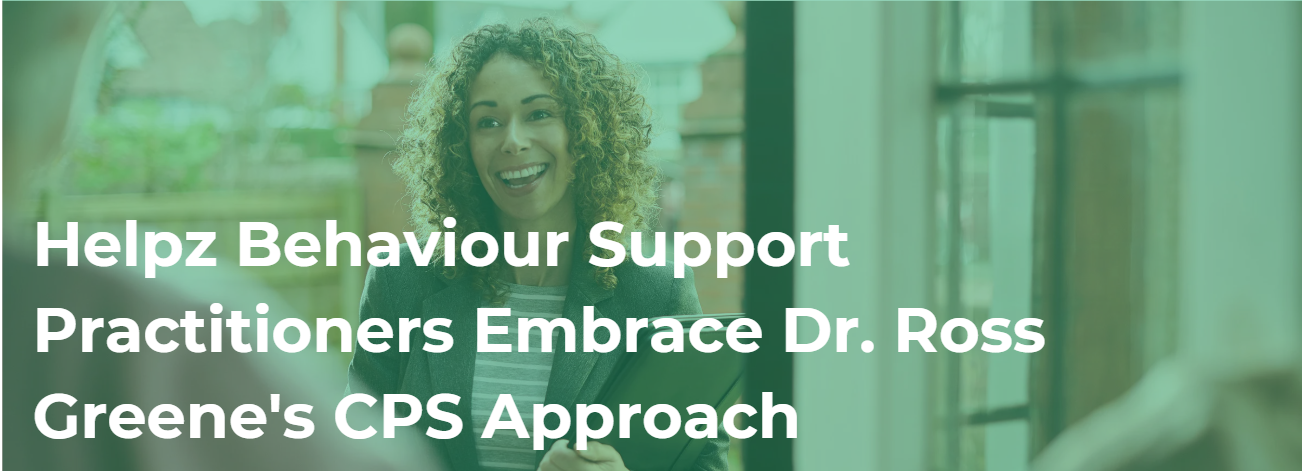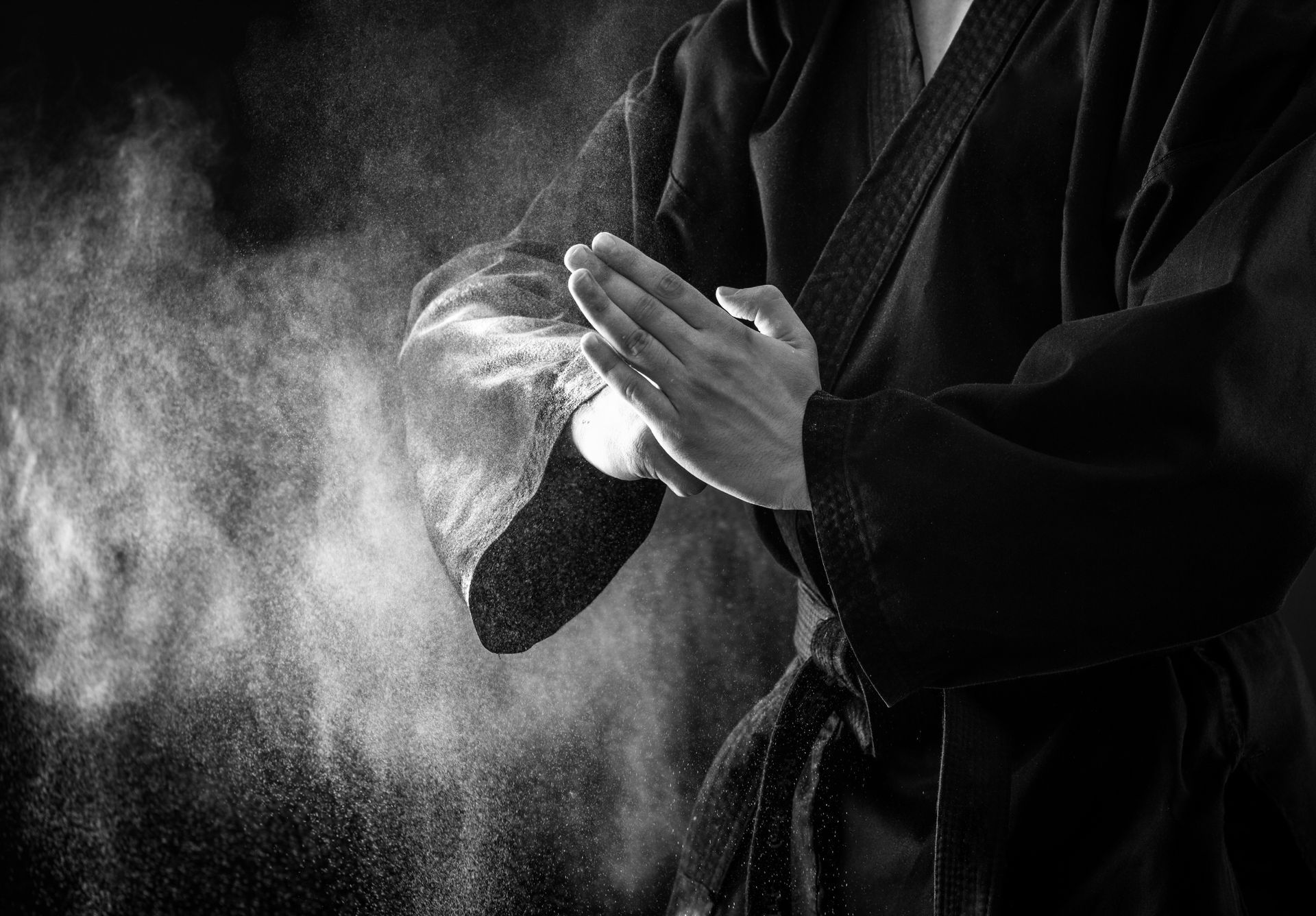Celebrating Women in Healthcare: Pioneers and Future Leaders

Celebrating International Womens Day
International Women's Day serves as a pivotal moment to reflect on and celebrate the profound contributions of women in healthcare. These dedicated professionals have not only advanced the fields of medicine and allied health through their innovation and commitment but have also championed gender equality and representation within the healthcare sector.
Historical Overview
The story of women in healthcare is rich with trailblazers who, despite considerable obstacles, have left a lasting imprint on the field. From Florence Nightingale's seminal work, which established the modern principles of nursing, to the trailblazing first women doctors who navigated and overcame the confines of societal expectations, their enduring influence continues to inspire generations to come.
Current Landscape
Despite advancements, women in healthcare still face hurdles in climbing the leadership ladder. In response, Australian initiatives are actively working to address these challenges.
The Advancing Women in Healthcare Leadership (AWHL) is one such initiative, uniting medical, nursing colleges, health services, and government agencies. Funded by the National Health and Medical Research Council, AWHL is creating and testing strategies to boost women's careers in healthcare by focusing on practical changes at both the personal and organisational levels.
Initiatives like these, are designed not just to increase the number of women leaders but also to enrich healthcare delivery by ensuring leadership is representative of the workforce and community.
Spotlight on some of Australia’s Female Healthcare Pioneers and Visionaries
Dr. Fiona Wood AM: Dr. Wood is renowned for her innovation in the treatment of burns, specifically through the development of spray-on skin technology. Her work has been pivotal in advancing burn care globally, significantly improving outcomes for burn victims. More information on Dr. Wood's contributions can be found through the Fiona Wood Foundation website and relevant medical journals detailing her research.
Professor Helen Christensen: As Director and Chief Scientist at the Black Dog Institute, Professor Christensen has led significant research in mental health, particularly focusing on the prevention of depression and suicide. Her work in digital interventions to improve mental health accessibility is documented through various publications and the Black Dog Institute's official website.
Professor Sharon Lewin AO: Professor Lewin, Director of the Doherty Institute for Infection and Immunity, is a leading figure in HIV research. Her work has contributed to the global understanding of HIV and its management, with her research findings and contributions accessible through the Doherty Institute's publications and HIV research forums.
Dr. Tracy Westerman: is a prominent Njamal psychologist from the Pilbara region of Western Australia. She's celebrated for her pioneering work in Aboriginal mental health, cultural competence, and suicide prevention. Overcoming the barriers of her remote background, Dr. Westerman obtained a Master's in Clinical Psychology and a PhD. She has developed psychological tests and interventions, particularly in mental health assessments and training programs, gaining recognition for her contributions both nationally and internationally. In 2018, she was named Western Australia's Australian of the Year.
Future Directions
The healthcare sector is increasingly embracing inclusivity, with a growing emphasis on diversity in leadership and decision-making roles. Ongoing efforts to support gender equality in healthcare are crucial for nurturing innovation and addressing the diverse health needs of communities around the world.
At helpz, we are deeply committed to empowering our female clinicians, recognising their invaluable contributions to healthcare and allied health fields. Our organisation is dedicated to creating an environment that not only supports but also celebrates the achievements and leadership of women in healthcare. By providing access to advanced training, leadership opportunities, and a supportive community, helpz ensures that our female clinicians have the resources and recognition they need to thrive.
We understand the importance of gender equality in healthcare and strive to break down barriers that women may face in their professional growth. Through mentorship programs, flexible work arrangements, and a culture that values diversity and inclusion, helpz is proud to be championing female clinicians, enabling them to excel and innovate in their respective fields. This commitment to empowerment reflects our broader mission to deliver exceptional healthcare services while fostering a workplace where all clinicians, regardless of gender, can achieve their full potential.
The achievements of women in healthcare reflect their resilience, expertise, and compassion. As we commemorate International Women's Day, it is vital to continue supporting and recognising the invaluable contributions of women in healthcare and allied health. Their work not only enhances individual health outcomes but also contributes to a more inclusive and equitable healthcare system for everyone.
Further Reading and Resources
For additional information on the contributions of women in healthcare and ongoing efforts towards gender equality, the following resources are recommended:
The World Health Organisation's Gender and Health page provides a global perspective on gender issues in health.
The Australian Medical Association's Women in Medicine section offers insights into the status of women in the medical profession in Australia.
Global Health 50/50 advocates for gender equality in health, providing research and resources on the subject.
News & Insights
Check Our Latest Resources







